If your check engine light keeps coming on and off, it is likely that there is an underlying issue with the vehicle. The first thing you should do is take it to a certified mechanic, who can perform a diagnostic test to determine what could be causing the problem. This test will narrow down any potential issues and provide guidance on how best to repair them.
Once the issue has been identified, you can then discuss possible solutions with your mechanic or look into DIY options if they are available for the particular problem. It’s important to act quickly when diagnosing this type of issue, as it could potentially cause serious damage if left unchecked for too long.
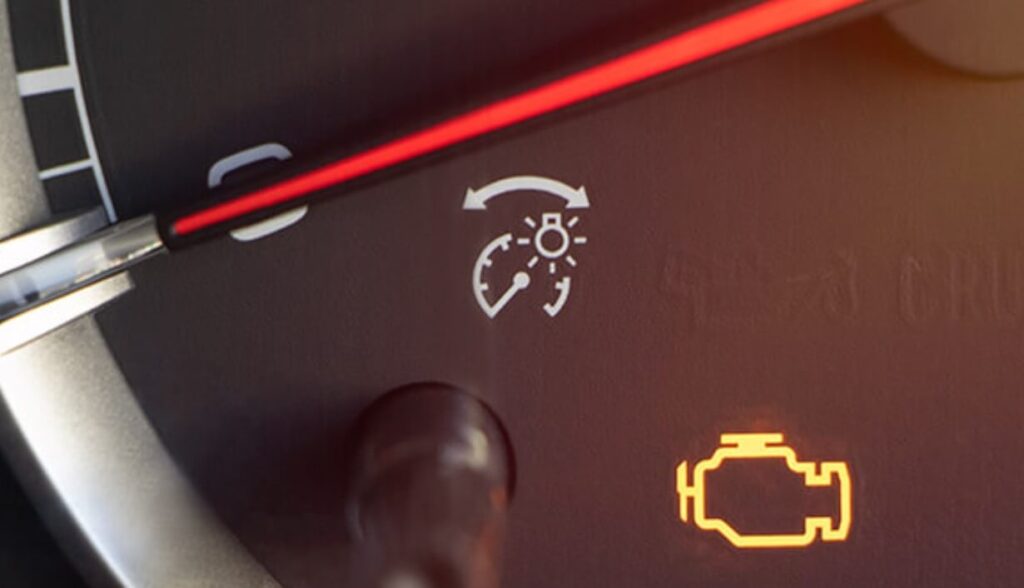
Why Does It Mean When Your Check Engine Light Comes on And Then It Goes off by Itself?
When your check engine light comes on and then goes off by itself, it can be a sign that something is wrong with the car. It could mean anything from a loose gas cap to an issue with one of the vehicle’s sensors or components. The best way to figure out what’s causing the problem is to have it checked by a professional mechanic immediately.The Check Engine Light (CEL) indicates that your car has detected an issue in its systems and needs attention as soon as possible.
If you ignore this warning signal, then more damage may occur which will end up costing you more money for repairs down the road. Additionally, if you don’t address any issues right away, they may worsen over time and eventually lead to serious mechanical problems that are much more expensive than dealing with them early on would have been. So when this warning light appears and disappears all on its own – take it seriously!
Get your car inspected right away so you can prevent further damage while also ensuring optimal performance for years to come.
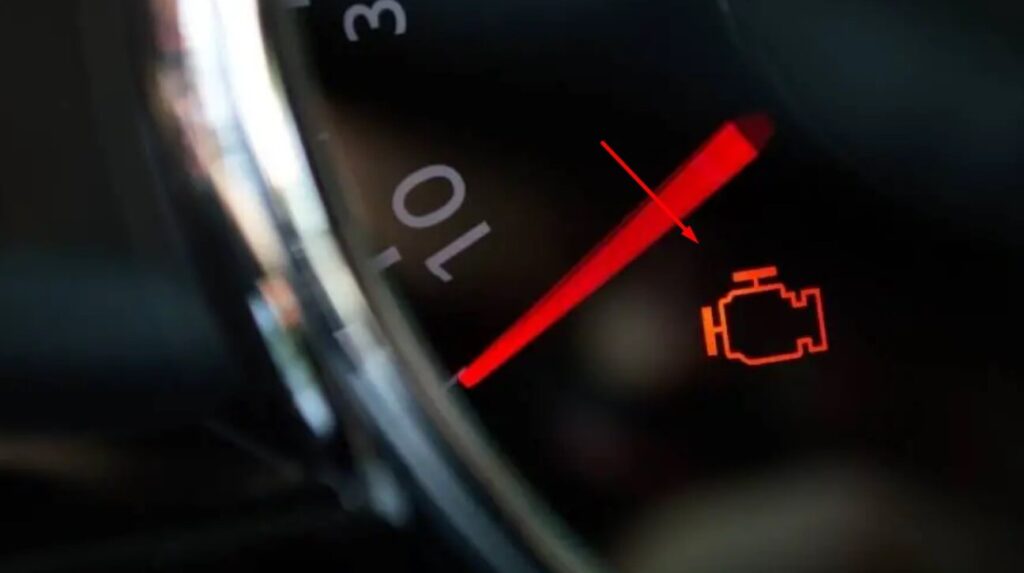
What is the First Thing to Check When the Check Engine Light Comes On?
When the check engine light comes on, it’s easy to panic and wonder what is wrong with your car. But don’t worry, it doesn’t always mean something catastrophic has happened. The first thing you should do when the check engine light turns on is determining whether there are any other warning signs that accompany it.
If so, they can help diagnose the problem more quickly and accurately. Next, take your car to a certified professional mechanic who can use an OBD-II scanner to read trouble codes from your vehicle’s computer system and pinpoint exactly what caused the check engine light to come on in the first place.
In some cases, it may be something as simple as a loose gas cap or faulty spark plug; however, if further diagnosis reveals a more serious issue like an oxygen sensor malfunctioning or catalytic converter failure then additional repairs may be needed.
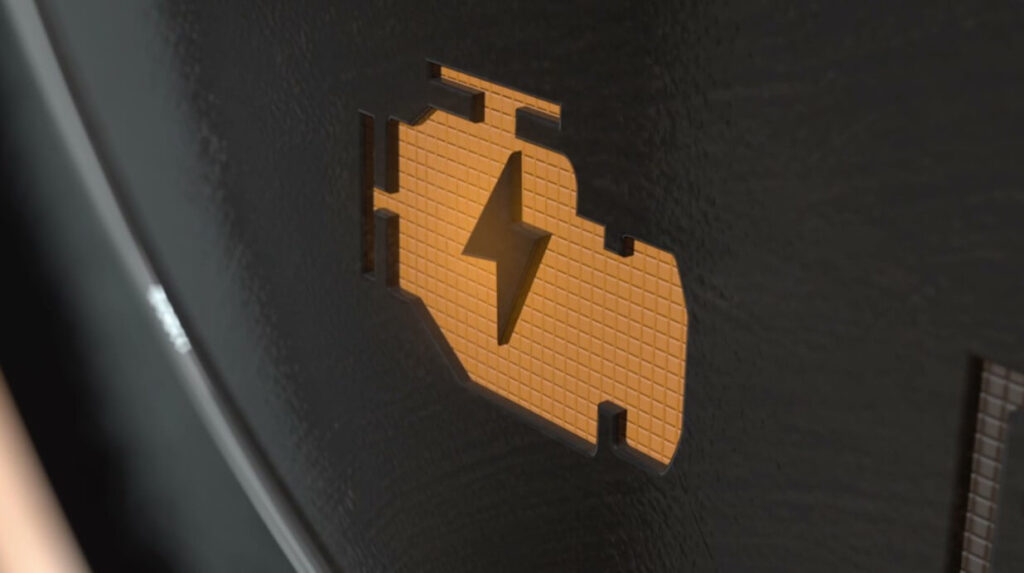
What to Do If the Check Engine Light Keeps Coming On?
If your check engine light keeps coming on, don’t panic. This is a common issue that can usually be resolved fairly quickly and easily. The first thing to do when you notice the light come on is to check for any error codes stored in your vehicle’s computer system.
You can access this information with an OBD-II scanner connected to the diagnostic port under your dashboard or by taking it to a mechanic who has the necessary equipment to read these codes. Once you have identified the code, you may be able to fix the problem yourself if it’s something simple like replacing a faulty spark plug or changing an old air filter.
If more complicated repairs are needed, such as repairing vacuum leaks in intake lines or replacing malfunctioning sensors, then it might be wise to take your car into a professional auto shop, so they can properly diagnose and repair the problem for you.
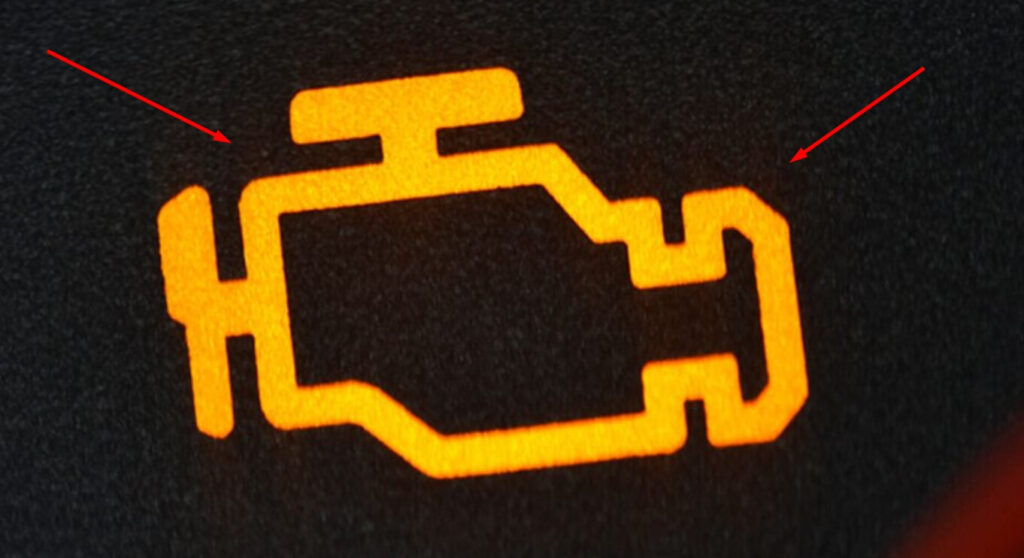
How Many Miles Do You Have to Drive to Clear a Check Engine Light?
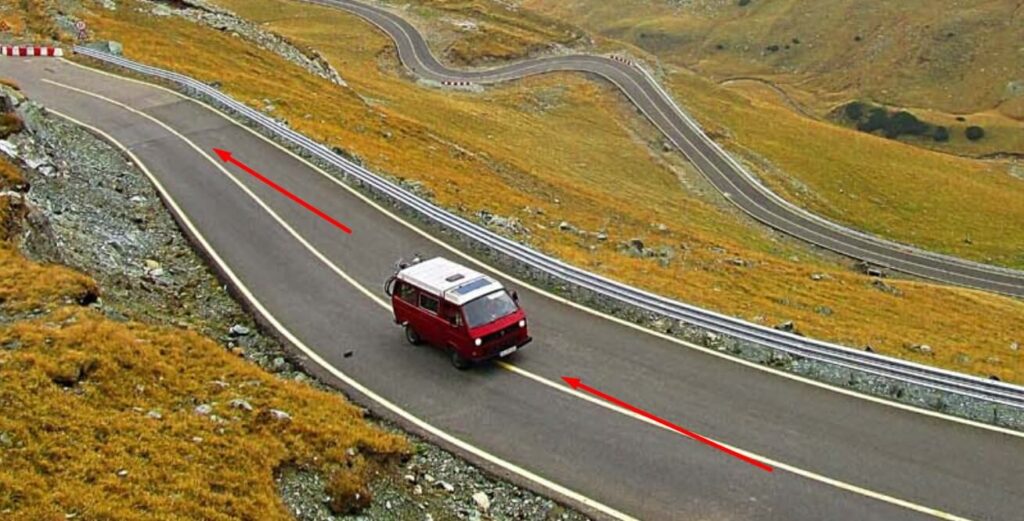
It is often a tricky question to answer when it comes to how many miles you have to drive in order to clear a check engine light. The answer can vary depending on the make and model of your car, as well as other factors such as faulty components or worn-out parts that may be causing the issue. In general, however, most cars should require at least 50–100 miles of driving for the computer system to reset itself and turn off the check engine light.
For certain vehicles with more complicated systems, this could take up 300-400 miles or more before the warning light turns off. It is important not to underestimate this process and make sure you plan accordingly if you need your vehicle cleared from a ‘check engine’ problem; otherwise it may take much longer than expected for all the necessary data points to update within your car’s onboard diagnostic system.
Check Engine Light Comes on And off, No Codes
If your check engine light is coming on and off without any codes being displayed, it could be a sign of an intermittent issue that may be difficult to diagnose. It’s important to have the vehicle scanned as soon as possible in order to identify the root cause of the problem before it becomes more serious. The scanner will provide diagnostic trouble codes (DTCs) which can help pinpoint what needs to be fixed.
In most cases, if no codes are detected then further troubleshooting may need to be done, such as checking for vacuum leaks or testing sensors and actuators.
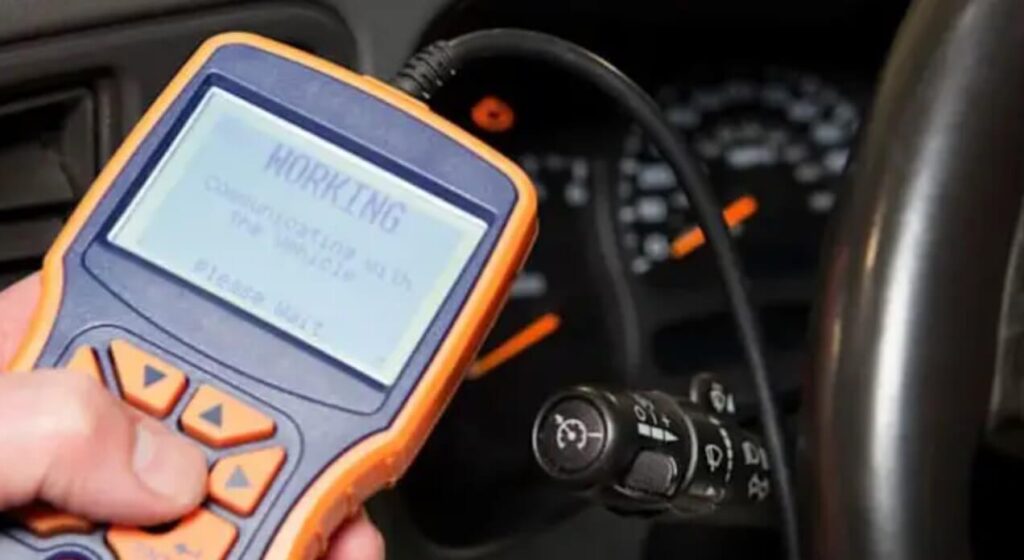
Why Does My Check Engine Light Keep Coming Back on?
One of the most common reasons why your check engine light keeps coming back on is due to a loose gas cap. If the seal between the fuel tank and the gas cap isn’t tight, it can cause air to enter your vehicle’s fuel system, triggering a false alarm from your car’s computer.
To fix this issue, simply make sure that you have fully tightened down your gas cap before hitting the road each time.
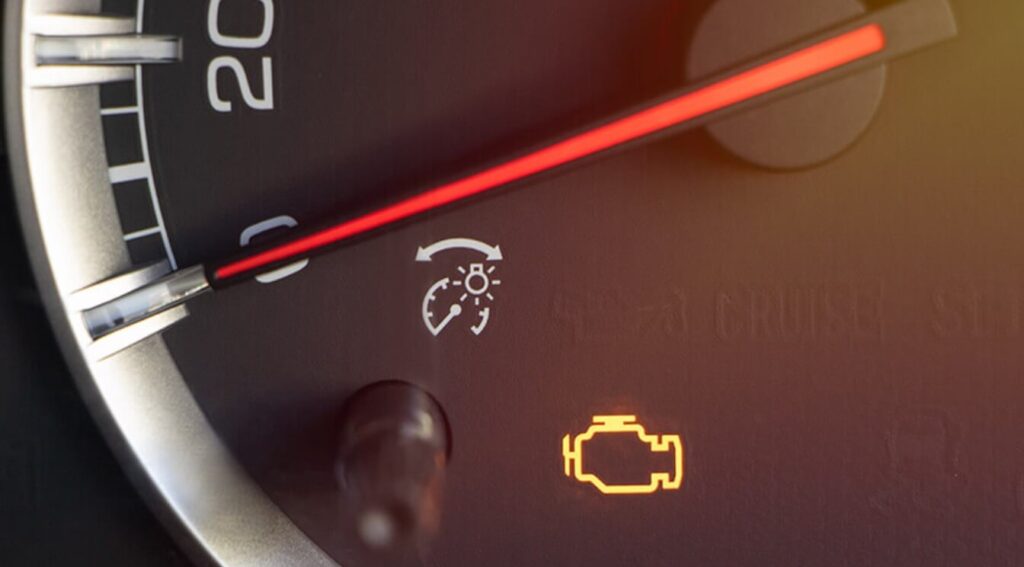
Why Does My Check Engine Light Come on And off Every Few Days?
The Check Engine Light is designed to alert you when something in your car needs attention. It can come on and off every few days because the problem causing it could be intermittent or a slow-developing issue that hasn’t yet reached its full potential.
In order to determine why your Check Engine Light is coming on and off, it’s important to have the vehicle inspected by a qualified technician, who will use diagnostic equipment to pinpoint the source of the problem.
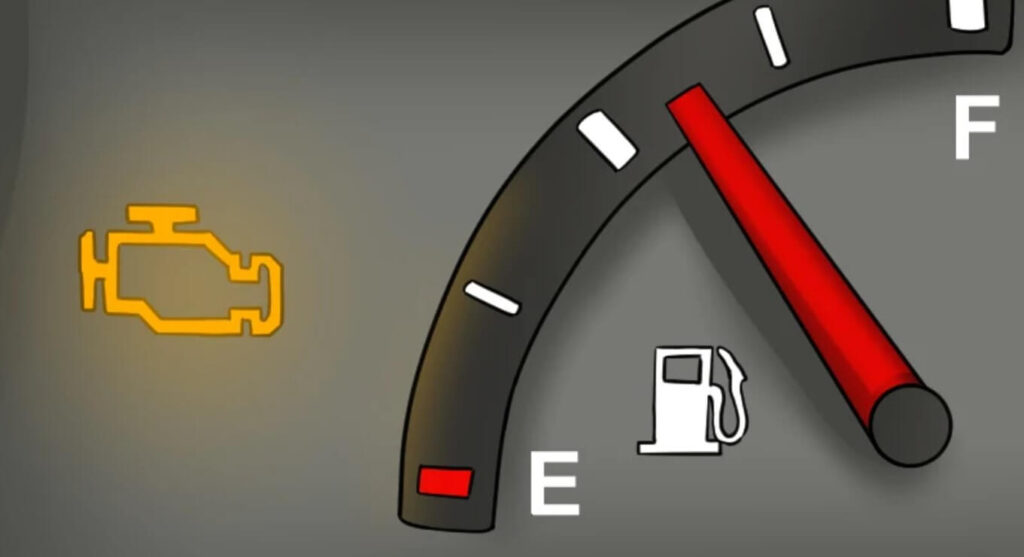
Check Engine Light Keeps Coming On After Repair
Even after repair, if the check engine light keeps coming on, there may still be underlying issues with the vehicle that require further diagnosis and attention.
It is essential to have the vehicle rechecked by a qualified mechanic to identify and resolve any persistent problems triggering the check engine light.
Ignoring the light could lead to potential engine damage or decreased performance.
Check Engine Light Went off by Itself O2 Sensor
If you recently noticed that your check engine light went off by itself and you suspect it may have something to do with an O2 sensor, it’s important to get the issue checked out as soon as possible.
The O2 sensor helps regulate the fuel/air mixture in order for the vehicle to run efficiently and without problems. If it is malfunctioning, this could lead to decreased performance, higher emissions levels, or poor fuel economy.
Get your car looked at right away so any potential issues can be addressed quickly and safely.
Why Does My Check Engine Light Keep Coming on After Repair?
It is possible that the “check engine” light on your vehicle may come back on after a repair due to a number of reasons. First, it’s important to ensure that the repair was done correctly and all parts were replaced as needed. If something wasn’t tightened properly or if there is an electrical issue, this could cause the check engine light to reappear.
Additionally, if new parts aren’t compatible with existing components in the car or they weren’t installed correctly, this can also trigger the error code again and set off the check engine light.
Finally, some vehicles may require reprogramming or resetting after repairs are made in order for them to run properly; this should be discussed with your mechanic before any work is completed so you know what steps need to be taken afterward.
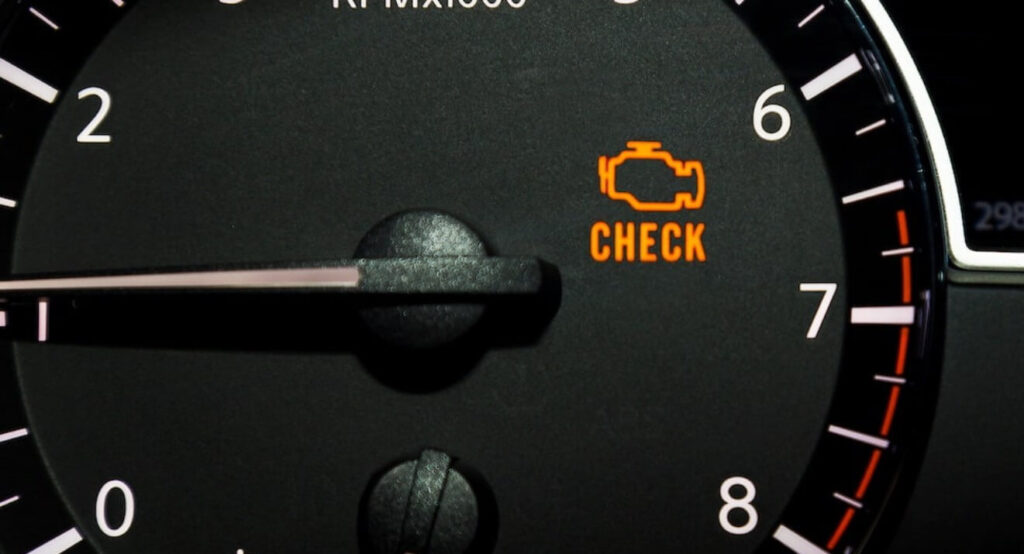
Check Engine Light Went off After a Day
If your check engine light has gone off after only a day, then it could mean that the issue was minor and easily fixed. However, this doesn’t always mean that the problem is completely solved; you should still take your car to a certified mechanic for an inspection to make sure there are no further issues.
If an underlying cause of the check engine light going on is not addressed, it may come back on in the future or lead to more serious problems with your vehicle.
Check Engine Light Comes on And off While Driving
If your check engine light is intermittently turning on and off while you are driving, it could be an indication of a problem with the vehicle’s emissions system. It could also indicate that there may be a sensor or wiring issue causing the problem.
If this occurs, it is best to take your car into a professional mechanic as soon as possible so they can diagnose and repair whatever underlying issue may be causing the light to come on and off.
Check Engine Light Went off After a Week
If your check engine light has gone off after a week, it is likely that the problem has been resolved. However, if you are still experiencing issues with your car or truck, it is advised to take the vehicle in for repair as soon as possible. A professional mechanic can properly diagnose and fix any underlying problems before further damage occurs.
Additionally, if you have recently had work done on your vehicle such as changing oil or spark plugs, make sure all connections were tightened and replaced correctly to prevent future problems from arising.
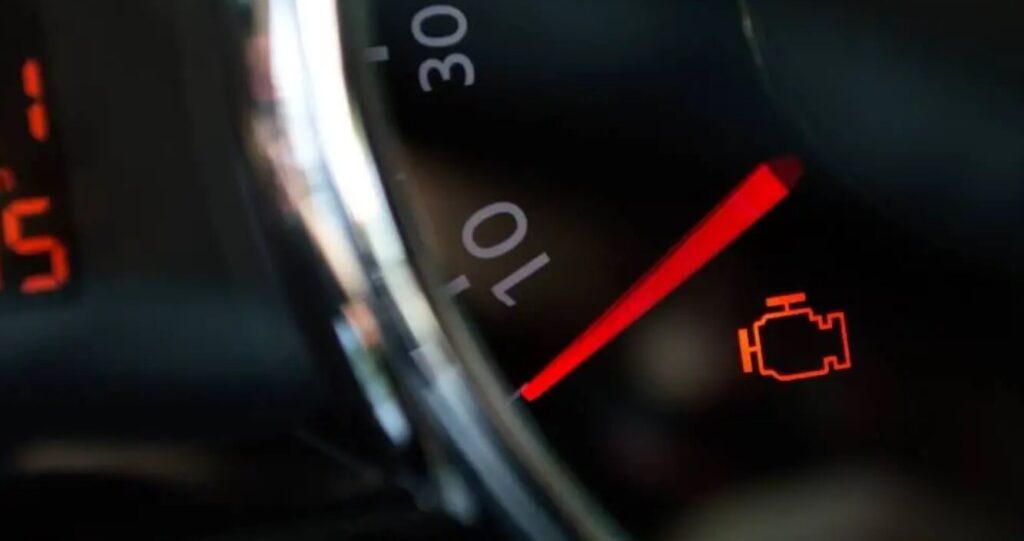
What to do when check engine light comes on?
When the check engine light comes on, it is important to address the issue promptly. The first step is to check for immediate issues like a loose gas cap, as this can sometimes trigger the light. If the gas cap is secure and the light persists, it is advisable to schedule a diagnostic check at an auto repair shop or use an OBD-II scanner to retrieve trouble codes.
These codes can provide insights into the specific problem with the vehicle. Depending on the severity of the issue, it may be necessary to seek professional help to fix the problem. Ignoring the check engine light can lead to more significant and costly issues over time, so it’s crucial to address the underlying problem promptly to ensure the vehicle’s optimal performance and prevent potential damage.
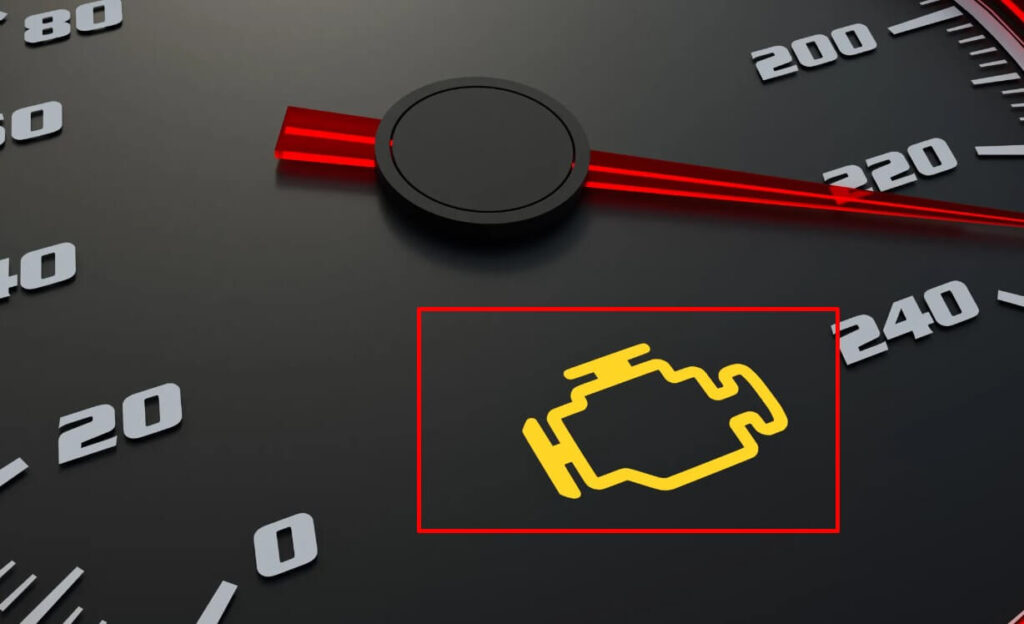
Conclusion
In conclusion, diagnosing and repairing a malfunctioning check engine light can be complicated. Although it is possible to do the work yourself, having an experienced mechanic take a look at your car will save you time and money in the long run.
In some cases, such as when your vehicle’s computer has identified multiple faults with different systems, it is especially important to have professional help come in to make sure that all the issues are addressed properly.
With regular maintenance and attention paid to warning signs like the check engine light coming on and off, you can ensure that your automobile remains reliable for years to come.
